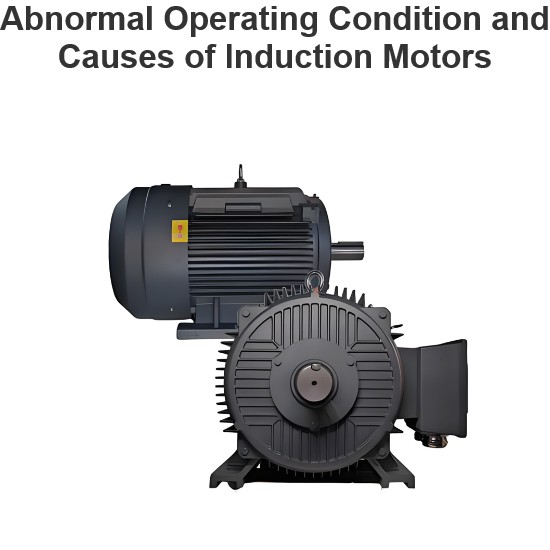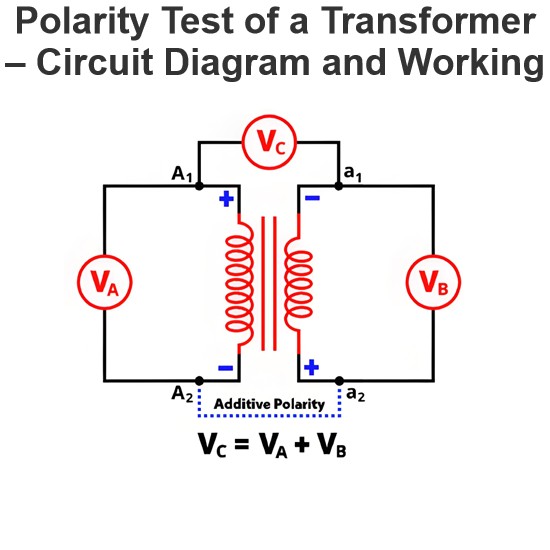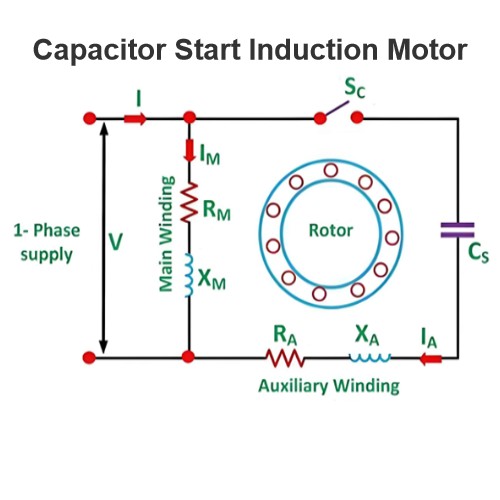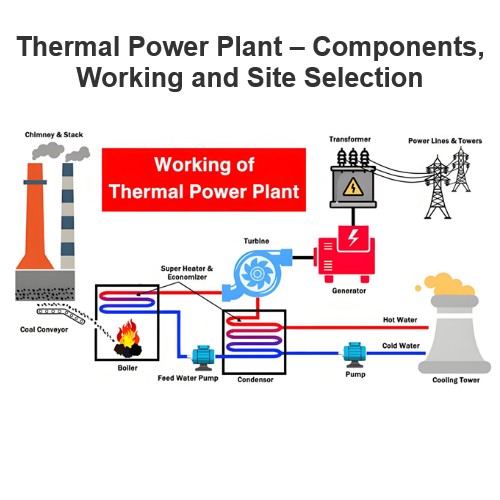How does torque, speed and power affect an electric motor?
1. Basic Definitions of Torque, Speed, and Power
Before discussing the relationship between torque, speed, and power of an electric motor, it is necessary to clarify the basic definitions of these three concepts:
Torque (Torque): Torque is the force that causes an object to rotate, and it is a measure of the amount of rotational force that an electric motor can provide. In physics, torque is equal to the product of force and the lever arm, with the international unit being newton meters (N·m).
Speed: Speed refers to how fast the motor rotates, usually measured in revolutions per minute (rpm).
Power: Power is the amount of work done in a unit of time and represents the ability of an electric motor to do work. It is measured in watts (W) or kilowatts (KW). Power is equal to the product of torque and angular velocity.
2. Relationship between torque, speed, and power
There is a close relationship between torque, speed, and power, which is manifested as:
The relationship between power, torque, and speed: Power is equal to the product of torque and angular velocity. At a given speed, the greater the power, the greater the torque. Conversely, when power is constant, the higher the speed, the smaller the torque.
Constant Torque Speed Control vs. Constant Power Speed Control: At rated speed, the motor operates primarily with constant torque speed control, meaning that the torque output by the motor is not affected by the speed and is only related to the load. Above the motor's rated speed, the motor operates with constant power speed control, where the higher the speed, the smaller the torque.
Dynamic Relationships between Power, Speed, and Torque: For electric motors with the same center height, high-power, high-speed generators correspond to relatively larger power outputs, while low-speed, high-torque motors correspond to smaller power outputs. For motors of the same power, torque is inversely proportional to speed; that is, the higher the motor speed, the smaller the corresponding torque, and vice versa when the motor speed is lower.
3. Factors affecting motor torque, speed, and power
In addition to the basic relationships mentioned above, the torque, speed, and power of an electric motor can be influenced by a variety of factors, including:
Power Voltage and Frequency: The speed and torque of an electric motor are related to the power voltage and frequency. Within the rated voltage and frequency range, the motor's speed and torque are stable. When the power voltage and frequency change, the motor's speed and torque will also change accordingly.
Motor Model and Specifications: Motors with different models and specifications have different speed and torque characteristics.
Load Conditions: Load conditions are one of the important factors affecting the speed and torque of an electric motor. The greater the load, the greater the torque provided by the motor, and the slower the speed. Conversely, the smaller the load, the smaller the torque provided by the motor, and the faster the speed.
Wear and Aging Level: The wear and aging level of the motor affects the speed and torque of the motor. The higher the wear and aging level of the motor, the lower the speed and torque of the motor.
Environmental Temperature and Humidity: Environmental temperature and humidity also have a certain impact on the speed and torque of electric motors. The higher the environmental temperature, the lower the speed and torque of the electric motor; the higher the environmental humidity, the insulation performance of the electric motor may be affected, thereby affecting the performance of the electric motor.
Control Methods and Controller Performance: The speed and torque of the motor are influenced by the control methods and controller performance. Different control methods and controllers have different effects on the motor's speed and torque.
Conclusion
There is a complex interrelationship between the torque, speed, and power of an electric motor, which together determine the performance and application effect of the motor. In practical applications, it is necessary to consider these factors comprehensively, select the most suitable electric motor and control scheme, in order to achieve the best application effect.
The Electricity Encyclopedia is dedicated to accelerating the dissemination and application of electricity knowledge and adding impetus to the development and innovation of the electricity industry.













